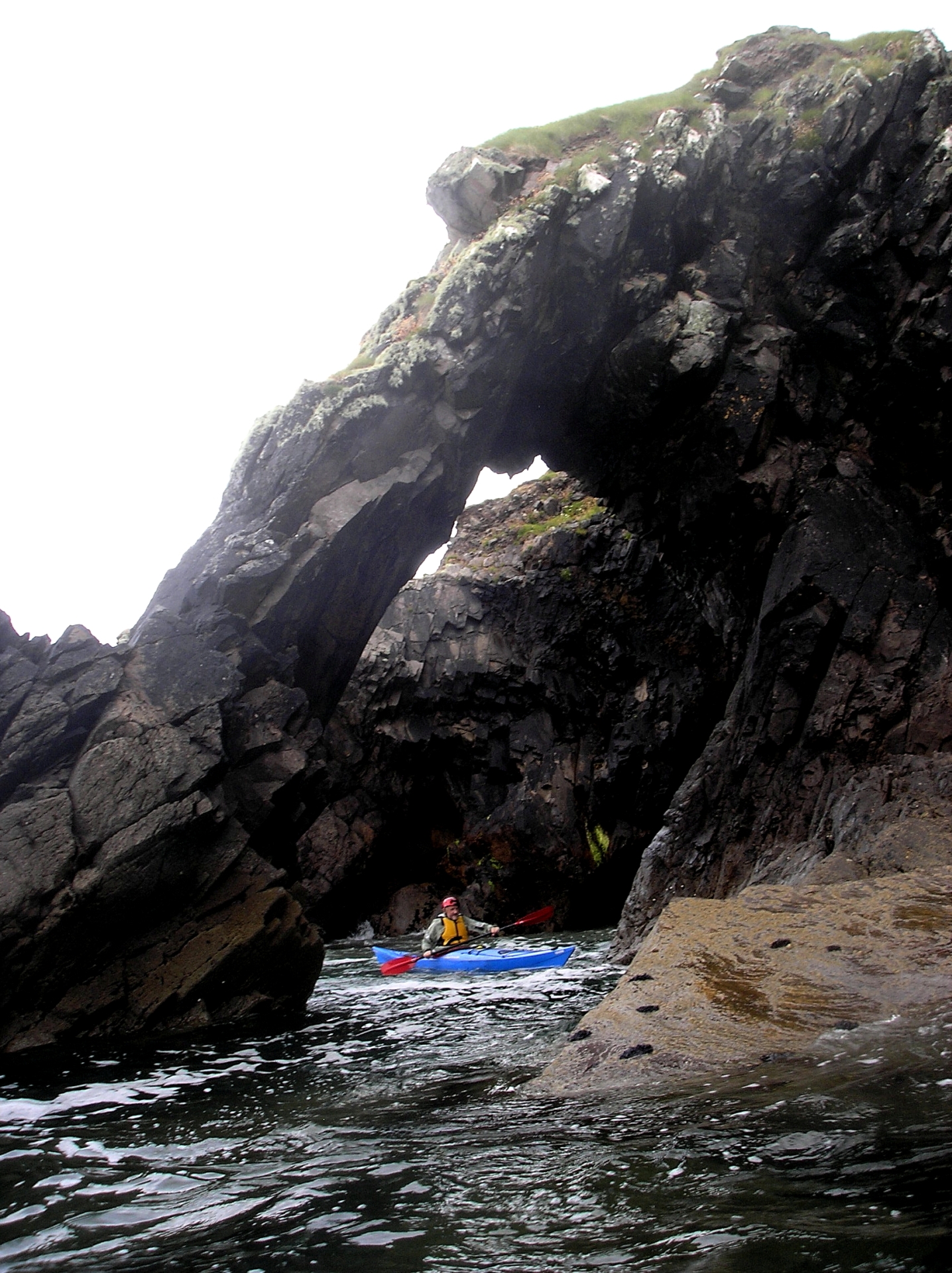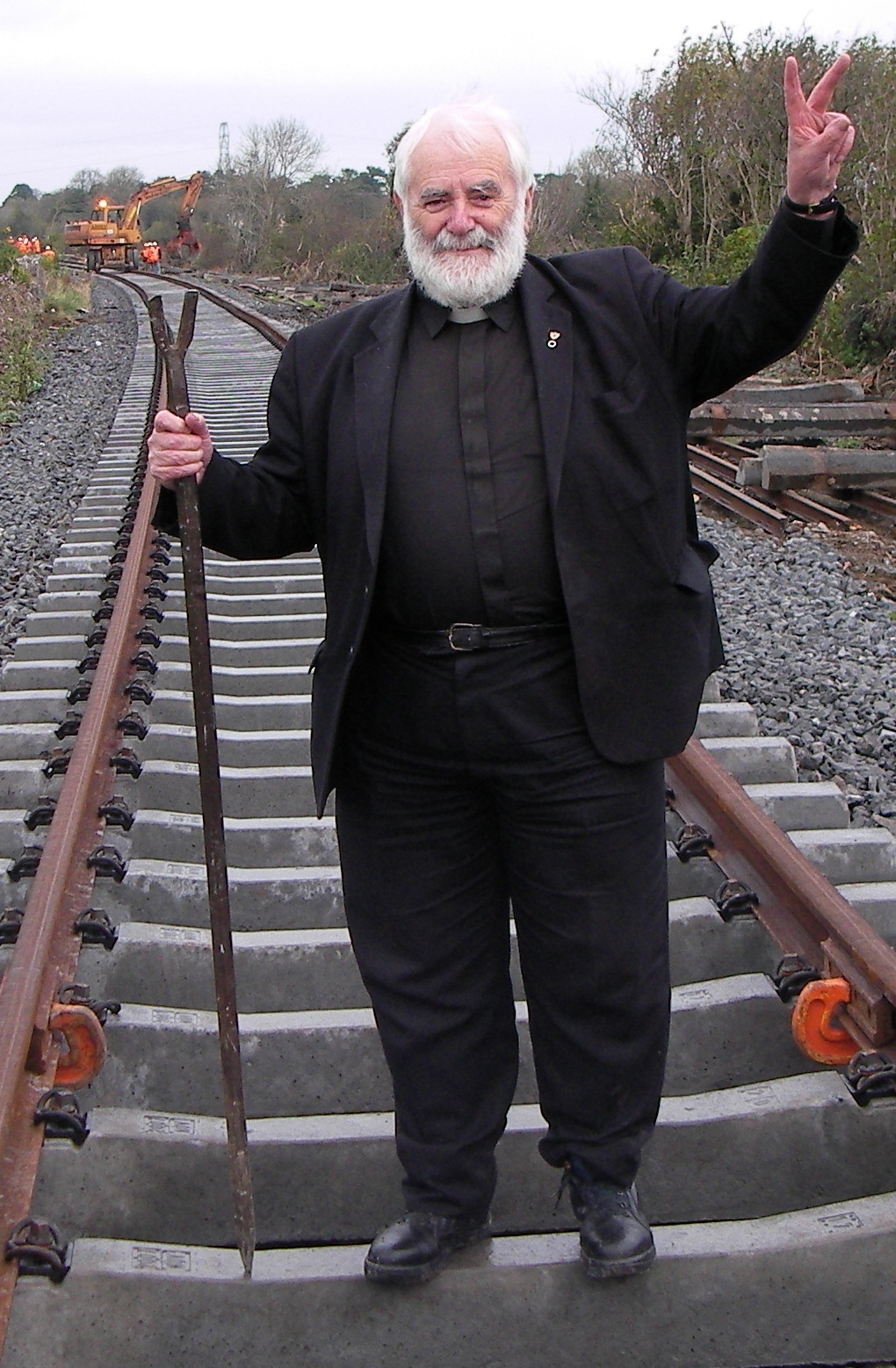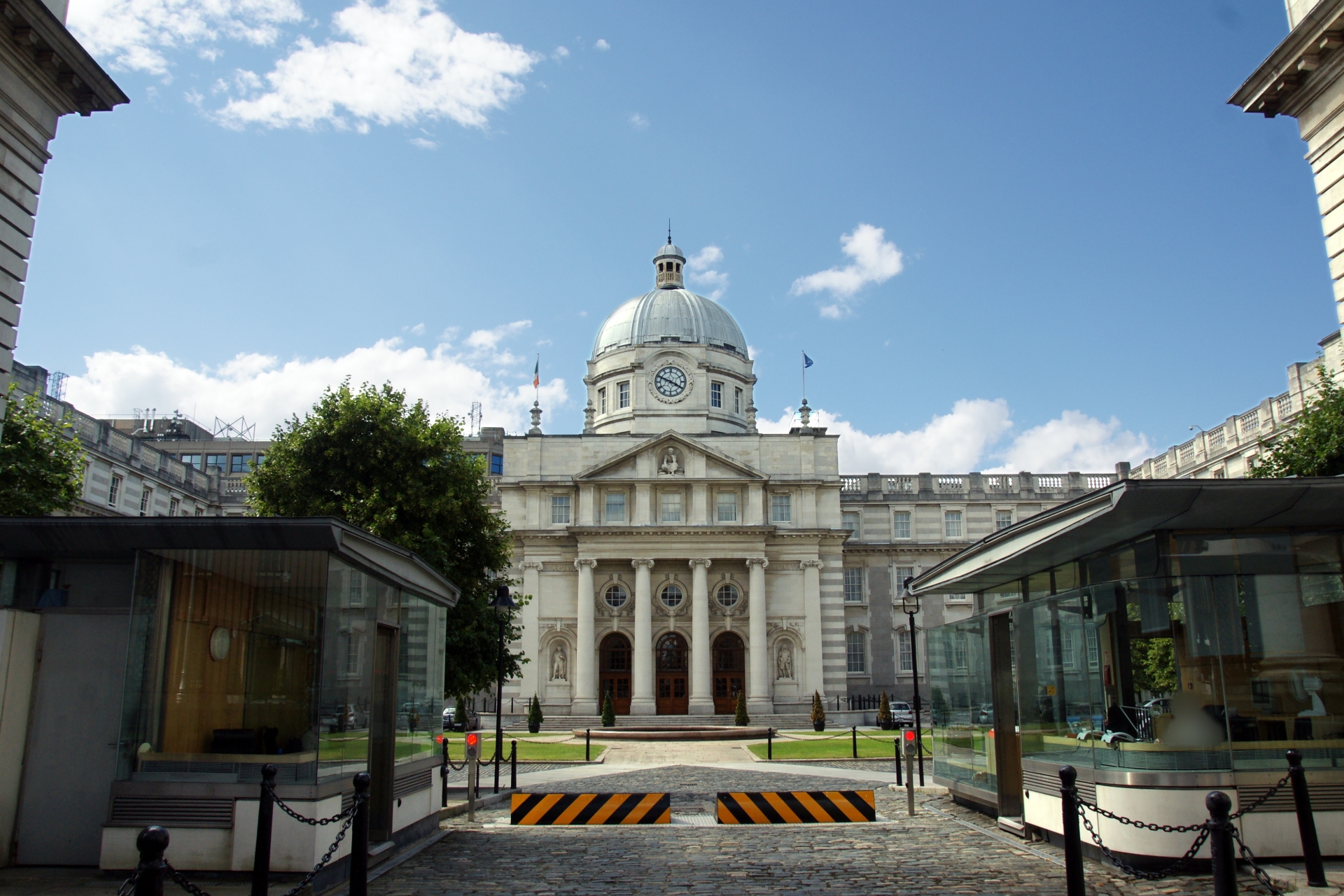
COMMUNITY MATTERS Members of Westport Men's Shed, a community organisation celebrated by John Bradley in a previous column
As I approach my one hundredth fortnightly column for The Mayo News, I have begun to reflect on how writing this column has accompanied a gradual but profound change in my understanding of Mayo and Irish regions.
As a child living in Dublin, I always looked forward to extended summer visits to my grandparents in Murrisk. My father left his birthplace in 1932, at the tender age of 16, joined the civil service and worked all his life in Dublin. He never fully adjusted to city life, and I inherited his ambivalence to urban living. As rural Ireland emptied its young people to Dublin, other Irish cities and beyond, there were many like him who were uprooted. After he retired, he moved back to Murrisk and I maintained continuity in my own links to Mayo.
 LIFE-ENHANCING OPPORTUNITIES Since moving to Mayo full-time, John Bradley has enjoyed exploring county's great outdootrs – including the sea caves hear Roonagh by kayak. Pic: John Bradley
LIFE-ENHANCING OPPORTUNITIES Since moving to Mayo full-time, John Bradley has enjoyed exploring county's great outdootrs – including the sea caves hear Roonagh by kayak. Pic: John Bradley
My late father’s cottage was basic and had the dampness and coldness of cottages of that era. But it was located on the slopes of Croagh Patrick with views over Clew Bay, Clare Island and the Nephin mountains. I tried to persuade him to switch his open fire for a more efficient wood-burning stove, but he was traditional in his heating preferences. After his death in 1995, I took over his cottage and renovated it to meet the requirements of a heat-loving city dweller.
Shifting perspectives
A shift to living for longer periods in Mayo changed my understanding of its attractions and challenges. Perhaps the biggest change was to understand that country life is more personal. In Dublin I never bothered to get to know who the local politicians were. Dublin, by its large size and centrality in national life, is self-sustaining and attracts attention simply due to its big population.
In Mayo, politicians loom larger in daily life than in cities. Rural areas, with their people scattered across small towns and villages, exercise no such political attraction. Local politicians and other civic leaders have to fight hard to overcome the centripetal forces of the Dublin metropolis in order to prevent their region lagging even further behind.

CONNECTING THE WEST The late Fr Micheal Mac Gréil, a staunch supporter of the Western Rail Corridor and the economic benefits it could bring to Mayo and the west. Pic: West on Track
Having spent all my professional life as an economist working on the national economy, on other EU economies and in developing countries, I had a pronounced top-down mentality. But you didn’t have to talk to the late Fr Micheál Mac Gréil for long to have that mentality beaten out of you! Late in life I came to understand that the decline of regions is not only bad for the regions but is also bad for the consequential unbalanced growth of cities that it sets in motion. Big cities have an important role to play in national prosperity, but you impoverish your peripheral regions at your peril.
My foray into journalism came late in life. Edwin McGreal published an innovative series of articles in this newspaper on the challenges of regional development. After many interactions with him (regional newspapers tend to welcome participation, unlike the nationals!), it was suggested that I might write a fortnightly column on themes of economic and social relevance.
It took a while for me to understand that while debates and strong criticism in city environments are just ‘business’, in small regions there is a stronger element of the ‘personal’ and of community views that serve to temper anger. The fact that local politicians are perceived to be fighting the good fight against our Dublin-based masters often mutes criticism. Most politicians, but particularly local ones, seldom retire without fulsome public praise for their dedicated service!
Persistent themes
Looking back on almost one hundred columns, some strong themes emerged. Given my economic background, it was not surprising to see that the dreadful state of regional development policy in Ireland came top of the list. The city-based, top-down nature of Project Ireland 2040 has serious negative consequences for the Northern and Western Region that I fear they are not fully appreciated.
Next was the weak and dysfunctional nature of local government in Ireland, imposed from the centre by Dublin, and its implications for our own Mayo County Council. The division of Mayo into three municipal sub-regions makes no sense in terms of empowering towns and villages to manage their own affairs effectively. I am writing this column while on a short break in northern Spain, and weep in frustration when I observe the benefits of devolved government here.
 DUBLIN AND THE REGIONS The weak and dysfunctional nature of local government, a consequence of an overly centralised government in Dublin, has often been highlighted in these pages. Pic: Stefan Jürgensen/cc-by-sa 2.0
DUBLIN AND THE REGIONS The weak and dysfunctional nature of local government, a consequence of an overly centralised government in Dublin, has often been highlighted in these pages. Pic: Stefan Jürgensen/cc-by-sa 2.0
A third theme related to a realisation that there should be greater treatment of events and issues outside our somewhat inward looking country. Many of the forces driving our economy are external, and a good way to judge how well we are doing is to compare and contrast with external states and their regions.
However, writing these columns was not always so earnest or didactic. There was much to celebrate about life in Mayo and the life-enhancing opportunities and experiences that it offered. There were mountains to be climbed, islands to be visited, Western Rail Corridors to be restored, nature to be preserved, the culture and dynamism in our towns to be celebrated.
The fact that much political power has been removed from local political institutions makes the job of preserving what is good in the county more difficult in our overly centralised governance system.
I remain shocked that we have accepted a system that is so dramatically out of line with all other EU states. It is disturbing that our local politicians appear to be relatively unconcerned about reform.
John Bradley is a former ESRI professor and has published on the island economy of Ireland, EU development policy, industrial strategy and economic modelling.
Subscribe or register today to discover more from DonegalLive.ie
Buy the e-paper of the Donegal Democrat, Donegal People's Press, Donegal Post and Inish Times here for instant access to Donegal's premier news titles.
Keep up with the latest news from Donegal with our daily newsletter featuring the most important stories of the day delivered to your inbox every evening at 5pm.